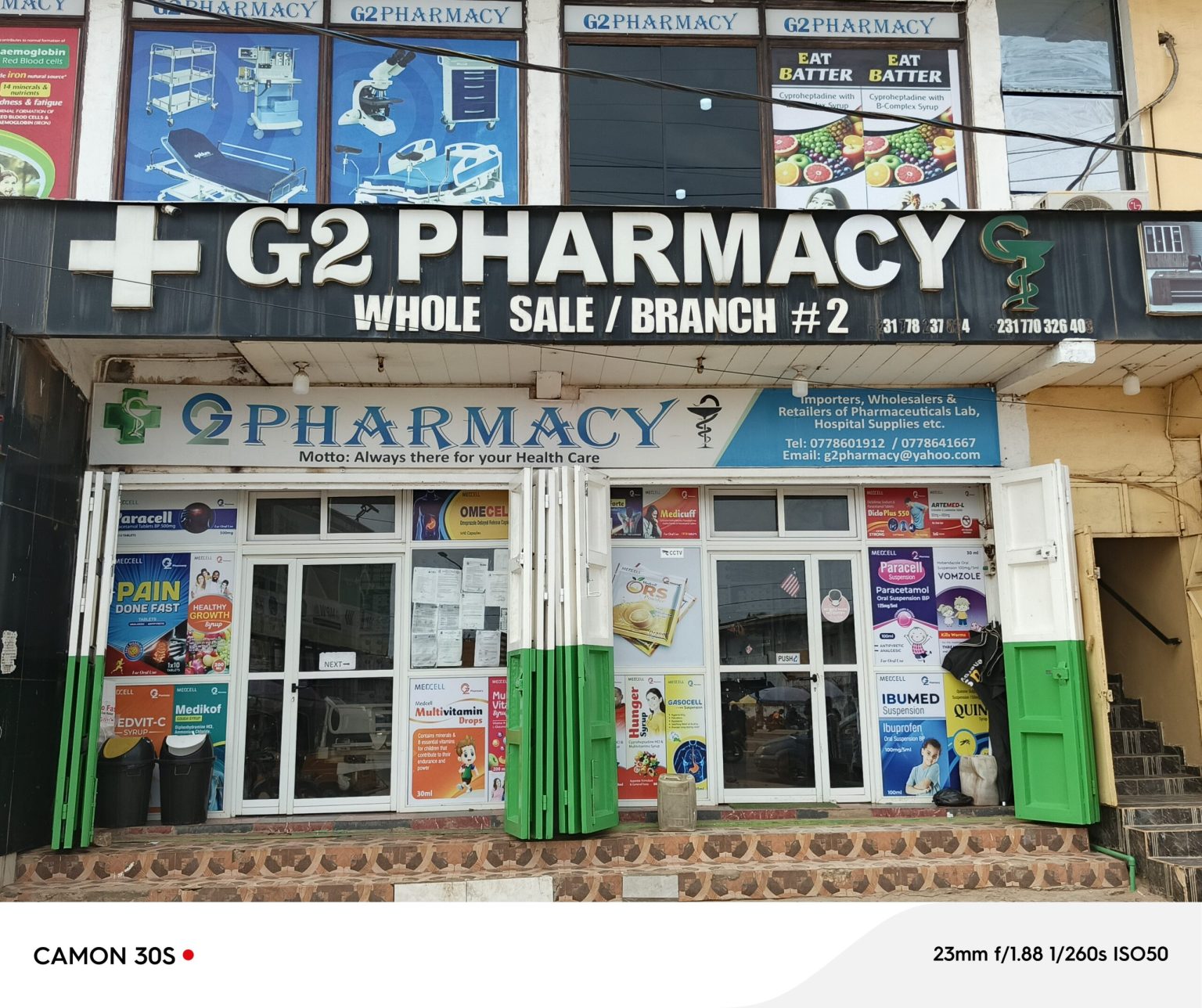The death of a 16-year-old boy at St. Joseph’s Catholic Hospital in Liberia on January 3, 2025, following the administration of a spinal anesthetic, has ignited a firestorm of controversy and raised serious questions about the efficacy of pharmaceutical regulation in the country. The anesthetic, Bupivacaine (0.5%), was allegedly imported and supplied by G2 Pharmacy, a company now under intense scrutiny for its potential role in the tragedy. The incident has brought the Liberia Medicines and Health Products Regulatory Authority (LMHRA) under the spotlight, prompting investigations and revealing potential lapses in oversight. Public outcry and media attention are demanding accountability and transparency in the handling of this sensitive case, which has far-reaching implications for public health and trust in the medical system.
The narrative surrounding the boy’s death took a more complex turn with the revelation that the imported Bupivacaine lacked English-language labeling, a direct violation of LMHRA regulations. This discovery added another layer of negligence to the already troubling situation. Internal investigations by the LMHRA confirmed this breach, leading to a protracted legal process against G2 Pharmacy. Interestingly, an anonymous official, speaking to The New Dawn Newspaper, acknowledged the prior settlement of the case but expressed bewilderment over its resurgence in the public sphere. The official suggested a potential political dimension to the renewed focus on the incident, hinting at underlying complexities and potential motivations beyond the immediate tragedy. This statement, however, adds more questions than answers, leaving the public to speculate about the true nature of the “settlement” and the possible forces at play.
The LMHRA’s own internal mechanisms for handling such violations came under scrutiny as the timeline of the investigation and subsequent actions unfolded. The Independent Hearing Board of the LMHRA received a formal complaint against G2 Pharmacy on January 22, 2025, from its Inspectorate and Pharmacovigilance Departments. The Board, after its investigation, found G2 Pharmacy in violation of LMHRA regulations concerning labeling. Initially, a substantial fine of US$118,000 was levied – calculated at US$3,500 per mislabeled pack for the 236 packs in question. However, this fine was later dramatically reduced to a mere US$1,000, raising eyebrows and fueling suspicions about the integrity of the process. This drastic reduction in the penalty raises significant concerns about the LMHRA’s commitment to enforcing its own regulations and holding pharmaceutical companies accountable for their actions. The seemingly lenient treatment of G2 Pharmacy creates the impression of potential favoritism or undue influence, further eroding public trust in the regulatory body.
Further deepening the controversy, the case did not reach the LMHRA Board of Directors until June 2025, a significant delay that remains unexplained. The Board finally convened on July 11, 2025, to review the findings and issue a formal resolution. The Board’s directives included the immediate recall of all mislabeled Bupivacaine from the market, the costs of which were to be borne by G2 Pharmacy. The Board also indefinitely suspended G2 Pharmacy’s license to import medicines into Liberia, citing a violation of the LMHRA Act. This decision, while seemingly strong, comes after a considerable period of inaction and following a drastically reduced fine. The timeline of events and the discrepancy between the initial fine and the final penalty raise questions about the efficiency and transparency of the LMHRA’s internal processes.
While the LMHRA’s eventual actions appear to address the immediate regulatory violations, the overall handling of the case leaves lingering questions about the depth of their commitment to patient safety and regulatory oversight. The unexplained delay in bringing the case to the Board of Directors, the significant reduction in the fine, and the anonymous official’s allusion to a prior settlement and potential political interference create an atmosphere of opacity and raise concerns about the LMHRA’s ability to effectively regulate the pharmaceutical industry. The public deserves a full and transparent accounting of the factors that influenced the decision-making process, including the rationale behind the reduction in the fine and the reasons for the delay in escalating the case to the Board of Directors.
The tragic death of the teenager underscores the critical need for robust regulatory oversight and enforcement within Liberia’s pharmaceutical sector. The LMHRA’s handling of this case, marked by delays, inconsistencies, and a lack of transparency, highlights potential weaknesses within the system. Moving forward, a comprehensive review of the LMHRA’s processes and procedures is essential to strengthen regulatory oversight, ensure accountability, and restore public trust. This includes establishing clearer guidelines for penalties, ensuring timely investigations and resolutions, and fostering greater transparency in all regulatory actions. The case of G2 Pharmacy serves as a stark reminder of the potentially devastating consequences of regulatory failures and the urgent need for a more robust and accountable system to protect the health and safety of the Liberian people. The current situation demands a commitment to systemic reform that prioritizes patient safety above all else.


